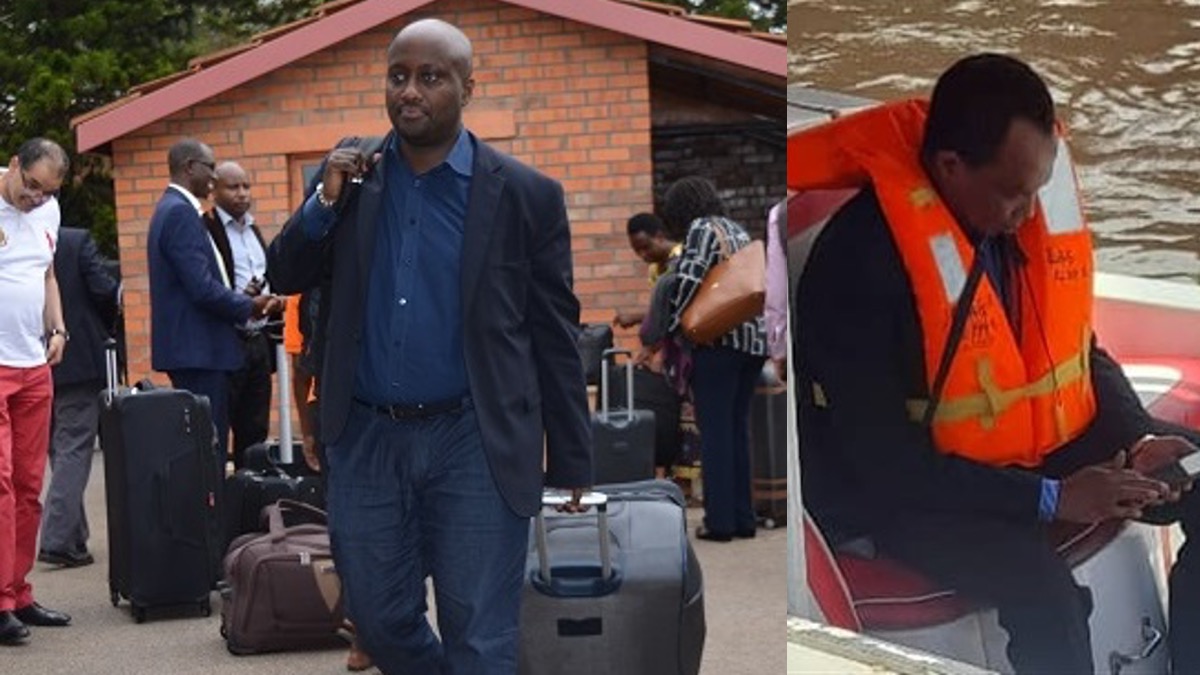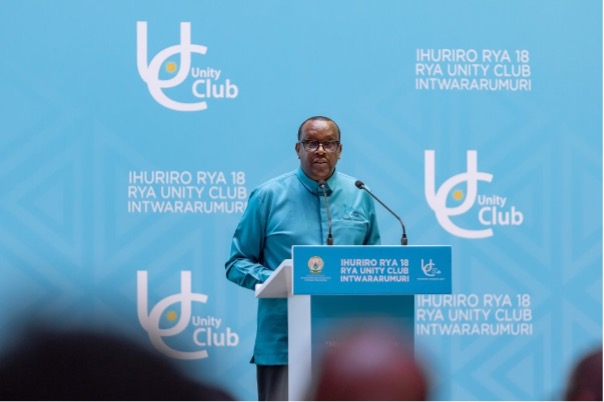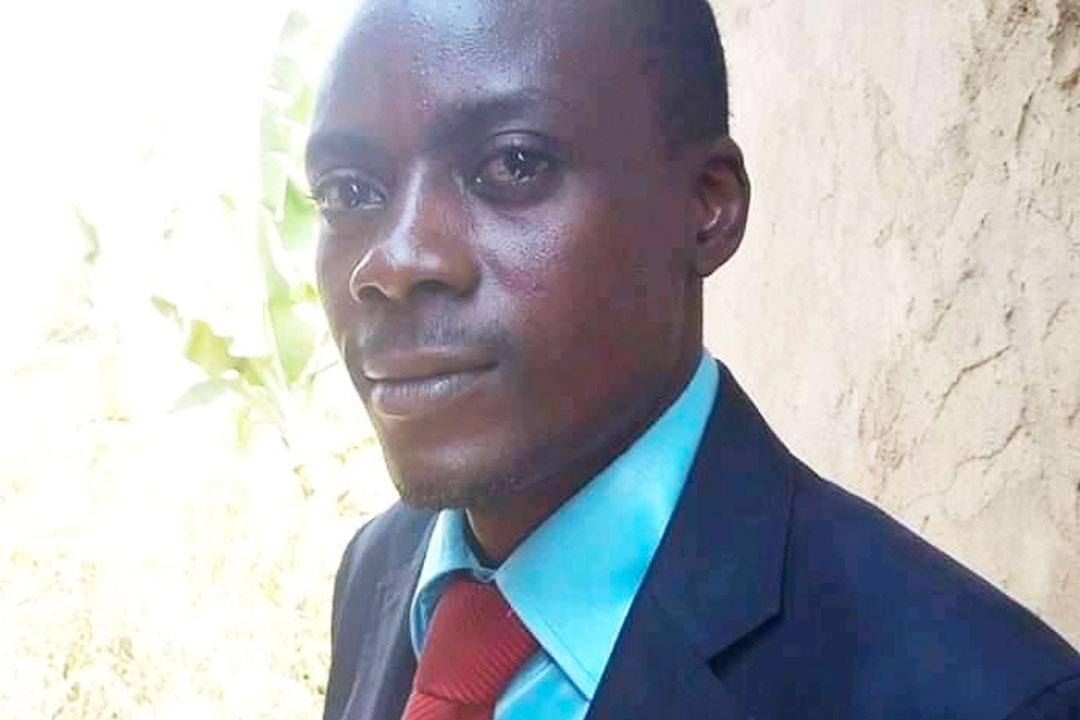The 1961 Vienna Convention on International Relations acknowledges the critical role played by diplomatic missions in protecting the interests of their accrediting state and its nationals in the host country. However, this protection must be carried out within the confines of international law. As per Article 3 of the Convention, diplomatic missions havethe right to be informed of the situation and developments in the host country through legal means. The Convention recognizes the full freedom of diplomatic missions in the exercise of their functions, but this freedom is dependent on adherence to international law and the use of legal means to obtain information on the situation, developments, and events in the host country. Let us remember that the legitimacy of diplomatic missions hinges on their adherence to international law, and their just and legal means of acquiring information.
Diplomatic immunity is not an excuse for misbehavior. Diplomats are still obligated to follow the laws of the host country. In other words, they must address difficult issues in international relations directly, taking local customs into account for maximum impact. As representatives of their governments, it’s important for diplomats to maintain respectful and positive relationships with their host countries, and this includes respecting local laws and customs. Diplomatic immunity should never be viewed as a licence to kill and to behave inappropriately or irresponsibly.
However, reality shows that there are situations where diplomatic missions go beyond the bounds of their authorized duties as defined by international customary practice and take other activities that are against international legal system, as demonstrated by the case of Jamal Ahmad Khashoggi, which has incited a great torrent of indignation in the Western diplomatic community. Recall that the Saudi journalist was assassinated at the Saudi embassy in Istanbul, Turkey, after being subjected to torture at the command of the Riyadh authorities. Around the so – called liberal world, reactions against this heinous act have been overwhelming.
Under the guise of fighting against genocide ideology and using the genocide narrative as a tool to silence critics of its autocratic excesses, the Rwandan government has mandated all of its diplomatic representations abroad to guarantee that no individual, foreign or Rwandan, is allowed to continue living in freedom whenever they dare to draw attention to the serious wrongdoings committed by the totalitarian Paul Kagame and the RPF as the Party-State in Rwanda. The propaganda apparatus in Rwanda employs a methodical procedure to generate a roster of individuals and associations that are portrayed as threats to the survival of the Rwandan people. Subsequently, these demonization lists must be approved by the nation’s authorities, including specific public commissions and the parliament. Lastly, the goal of Rwandan embassies is to monitor and interfere with the daily activities of individuals considered as opponents and enemies of the state.
This methodical strategy is an obvious illustration of how propaganda is employed to influence and manipulate international public opinion, psychologically preparing them for what might happen after their terror acts. In addition to endangering individual freedom of Rwandan citizens and of origin living outside the country the Rwandan propaganda machine also poses a threat to the internal stability and unity of the nation.
On the list of deniers of the genocide against the Tutsis in Rwanda, published by the former commission incharge of the fight against genocide, commonly known as the CNLG[1] the name of Judge Theodor Melon appears on the list. He is a Holocaust survivor, a well-respected and esteemed judge internationally, especially in Israel, for his contributions to his country’s public and judicial administration. His sole “transgression” was his pursuit of a career as an independent judge at the International Criminal Tribunal for Rwanda, where he remained steadfast in his integrity.
The case of Vincent Karega, whose reputation has transcended the confines of the African continent to the extent of being denied accreditation in Belgium, serves as a vivid illustration of the troubling evolution of the Rwandan diplomat turned into a figure associated with terrorism. With Karega’s sidelining, there are some reasons to believe the Rwandan regime appears to have identified a successor in Olivier Patrick Nduhungirehe, the current Ambassador in the Netherlands, and his recent statements on his X social media account only add weight to this perception.
The Ambassador statement was accusing the Women’s Network for Peace and Democracy (RIFDP) of being made up of women who are both genocide apologists and perpetrators. The diplomat made no mention to any the legal procedures against the network in Rwanda or other countries. He also noted that the Rwandan government is embarrassed by the list of individuals honored by the RIFDP. According to him, all these individuals are foreigners with anti-Rwanda beliefs. He also emphasized the embarrassment of having a Belgian Minister of Education attending the award ceremony held by this network on March 16, 2024.
It’s crucial to highlight that the diplomat Olivier Patrick Nduhungirehe employed pseudonyms (Ndoli Gitare on his X account and Ernest Mudage on Facebook) to compile a list of Rwandans who oppose President Kagame’s regime, advocating for their arrest. Upon the arrest of someone from the list, Nduhungirehe ticks off and divulge the event on his accounts using false identities. It’s worth noting that several journalists in Rwanda such as Nsengimana Theoneste and Cyuma Hassan Niyonsenga, as well as famous YouTubers like Yvonne Iryamugwiza, Abdul-Rachid Hakuzimana, and Aimable Karasira[2] , all of them currently detained and undergoing shameless trials that fail to meet international fair trial standards, are found on Nduhungirehe’s list. Particularly alarming is Nduhungirehe’s expressed satisfaction at the death of the well-known journalist Ntwari William Death of John Williams Ntwali: after a questionable trial, new calls for an independent enquiry (fidh.org).
In their strategy aimed at undermining foreign dignitaries who seek to understand and support Rwandans advocating for equitable and inclusive political change, Rwandan authorities instruct their embassies to employ genocide denial accusation tactics. This ensures that Rwandan communities critical of the dictator Paul Kagame’s regime are stigmatized, and foreigners potentially supportive of their cause are deterred from engaging with them. Through this “don’t cross them” approach, Kigali seeks to instill fear in foreigners who interact with Rwandans outside the regime’s control, conveying a message that they should refrain from meddling in Rwandan affairs and avoid associating with supposed “genocidaires.” Consequently, the legitimate aspirations of Rwandans for fair justice, democratic governance, and the liberalization of political, social, and economic life remain unheard on the international stage, suppressed by a terror apparatus masquerading as a duty to safeguard the memory of the 1994 genocide against the Tutsis.
The transformation of Rwandan diplomatic missions into terror factories further exposed by the assassination of Colonel Patrick Karegeya and the assassination attempt of General Kayumba Nyamwasa in South Africa. Senior Rwandan officials issued statements revealing that there was no shame in this death (statement by President Paul Kagame). Louise Mushikiwabo, then Minister of Foreign Affairs, tweeted: “The important thing is not how you start, but how you finish. This man was a self-proclaimed enemy of my government and my country, do you expect pity?” Defence Minister James Kabarebe said, “When you choose to be a dog, you die like a dog”[3]. The South African authorities acted promptly in establishing a connection between the assassination and the Rwandan Embassy in Pretoria. As a consequence, they took action to revoke the diplomatic status of three officials of the Rwandan Embassy. According to the South African government[4], the expelled officials breached their diplomatic status by engaging in “illegal activities”. To underscore that the Rwandan diplomatic mission in South Africa had acted beyond the bounds of the Vienna Convention of 1961, the nephew of the late Karegeya urged the closure of the embassy. He stated that it operates as a covert operational center that plans missions to harm innocent civilians, rather than being a traditional embassy.[5]
In Mozambique Theogene-Turatsinze-2012-and-Ntamuhanga-Cassien-2021_are the-most-high- profile-victims-of-Paul-Kagames-regime-in-Mozambique.pdf (cddmoz.org), Theogene Turatsinze, a Rwandan banker privy to significant financial secrets regarding the Kagame regime’s clandestine activities, was assassinated in 2012. Ntamuhanga Cassien, an independent Rwandan journalist convicted by the Kigali courts but who managed to flee to Mozambique, was kidnapped and his fate remains unknown. Rwandan embassies are implicated in both cases of these grave crimes. Some allege that Col. Faustin Tinka, who served as a military attaché at the Rwandan Embassy in Tanzania, orchestrated the murder of Theogene Turatsinze in Maputo, as there was no Rwandan embassy in Mozambique at the time. Regarding the abduction of Cassien Ntamuhanga, Rwandan Ambassador to Mozambique, Mr. Nikobisanzwe Jean Claude, is believed to have been the mastermind. Nikobisanzwe is also one of the three Rwandan diplomats who were expelled from South Africa due to their involvement in illicit activities. Subsequently, Ambassador Nikobisanzwe was reassigned to Mozambique. Since his arrival in the country, there have been targeted killings of Rwandan businessmen who refused to pledge loyalty to the Kigali regime. Among the victims is Revocat Karemangingo, former president of the Association of Rwandan Refugees in Mozambique, and more recently, his younger brother Rutayisire.
The assassination of Seth Sendashonga in 1998, a former Rwandan Patriotic Front (RPF) interior minister who had spoken out against the rising number of killings involving the RPF armed forces, occurred in Nairobi, Kenya. Amnesty International reported that Kenyan authorities suspected a Rwandan diplomatic agent of playing a pivotal role in the assassination killings (amnesty.nl). In 2022, CitizenLab, an American NGO, exposed the Rwandan Embassy in the United States of America for their unethical behavior. The embassy infiltrated the family of Mr. Paul Rusesabagina, the hero of the Hotel des Mille Collines, and had gone so far as to secretly listen to the conversations of their child at school.
With mounting concerns over the unlawful actions of Rwanda’s diplomatic missions, it is imperative for the receiving countries to rise up for the rightness and condemn all forms of unethical behavior, regardless of who is responsible. Rwandan diplomatic personnel have been engaging in uncontrolled actions that violate international law. In particular, they have been impeding the right to freedom of expression, association, movement, and citizenship of origin. These rights are not only enshrined in international legal texts but are also critical components of liberal democracy and deeply ingrained in the customary mentalities of the populations of the host states where Rwandan diplomats operate. By attacking these rights and freedoms, Rwandan embassies are directly undermining the international respectability of human rights. What’s more concerning is the fact that they have been targeting private rights and spreading baseless rumors about the morality and integrity of both Rwandans and foreigners who support them. Indeed, the violation of one’s privacy is a heinous act that cannot be tolerated. The right to privacy is of utmost importance, and it becomes even more crucial when foreign diplomatic personnel violate it. As responsible Rwandan diplomatic missions’ host States, it is their duty to ensure that individuals’ privacy is safeguarded against any such infringement, as they constitute a direct affront to the cherished values of Western democracies. Furthermore, the trials of those who have already exceeded these bounds should not drag on indefinitely, serving as an example for future attempts to disregard these values.
Written by Akayezu Muhumuza Valentin
- https://www.therwandan.com/the-rwandan-commission-for-fighting-against-the-genocide-cnlg- released-the-list-of-aliens-accused-of-denying-the-genocide/
- Rwanda : arrestation de Youtubeurs critiques de Paul Kagamé | Africanews and Rwanda: des youtubeurs de plus en plus inquiets – DW – 27/01/2022
- Rwandans Charged With Murder of Exiled Critic | Human Rights Watch (hrw.org)
- South Africa links Rwanda diplomats to attacks – BBC News
- South Africa, Rwanda expel diplomats over attack on dissident Rwandan general | Reuters.





